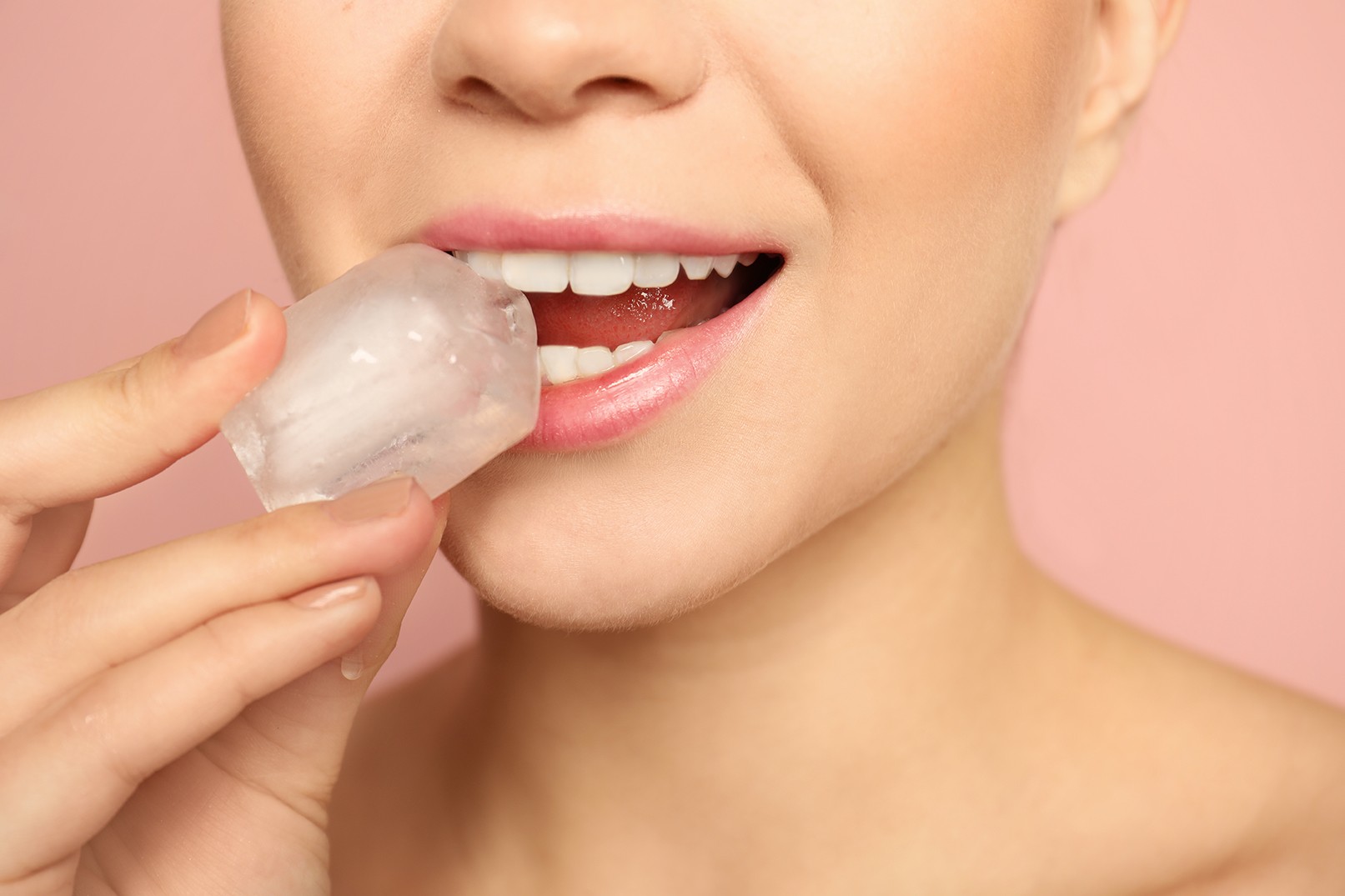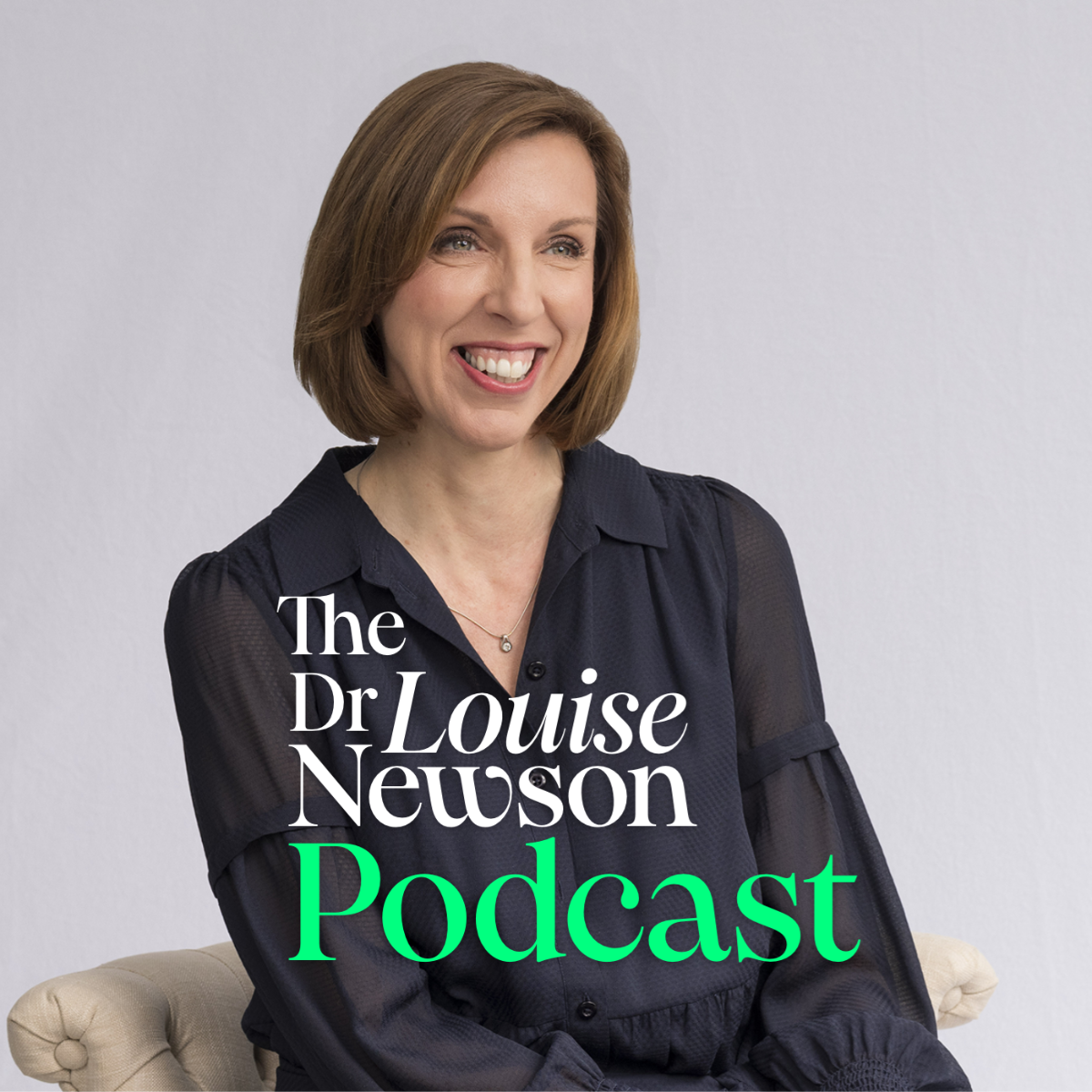How a drop in hormone levels can make your mouth feel uncomfortable and what to do about it
• Just like your skin and eyes, your mouth can become dry during perimenopause and menopause and when hormone levels change
• Your dentist can help you determine the cause of your dry mouth
• How HRT and testosterone can help alleviate symptoms
Cotton mouth. Parched. Spitting feathers. We’ve got plenty of colloquial terms to describe that uncomfortable dry mouth feeling, which most of us have experienced at times, be it because we’re thirsty, dehydrated or nervous. It’s also known as xerostomia, derived from the Greek for dry (xeros) and mouth (stoma).
While having a dry mouth can be normal occasionally, its prevalence can increase during perimenopause and menopause. More than just a nuisance, it can make you more vulnerable to cavities, infection, gingivitis and periodontitis.
How is a dry mouth linked to menopause and hormones?
In a survey of over 1,000 women who had experienced perimenopausal and menopausal symptoms, one in three had experienced a dry mouth [1].
Dentist Dr Shabnam Zai says: ‘Many of my patients do not know they have dry mouth. Noticing clicking while speaking, difficulty when swallowing, altered taste when eating, or having to drink more water through the day and night are all signs you may have xerostomia.’
During perimenopause and menopause, and at other times, such as before menstrual periods, hormone levels (progesterone, estradiol and testosterone) fluctuate and just as a lack of these hormones can lead to dry skin, they can also reduce the production of saliva, so that your mouth suffers a loss of moisture too [2].
RELATED: Skin changes during perimenopause and menopause
Studies have found that oral dryness is associated with decreased progesterone [3] and that menopause can alter the composition, buffering capacity, and pH of saliva [4].
What else can cause a dry mouth?
Sjögren's syndrome is a condition where the glands that produce fluid, such as tears and saliva, stop working properly. Hormones, particularly testosterone, have a significant role in the condition – women with Sjögren's syndrome are androgen deficient [5].
Smoking can affect the rate of saliva production – smokers are more likely to have dry mouth than non-smokers and female smokers are more likely to experience it than male smokers [6].
Drinking alcohol and caffeine can increase your chances of experiencing dry mouth and some medications can also have an impact – for example, antibiotics, anti-inflammatories, antihistamines, diabetes medications, antidepressants.
If you are dehydrated – from not drinking enough, sweating a lot or being ill – this can cause a dry mouth. Certain medical conditions such as diabetes, Sjogren’s syndrome and oral thrush can also cause it.
How can I treat it?
If changing or low hormones are the underlying cause, then replacing these hormones with the right dose and type of progesterone, estradiol and testosterone can really improve these symptoms. Studies have shown that oral dryness is higher in menopausal women not receiving HRT [7].
You may need to see your dentist to determine the cause of your dry mouth.
‘If it is a side effect of a medication, I would liaise with my patient’s GP to see if we can safely switch to an alternative medicine that has less side effects,’ says Dr Shabnam. ‘Do not stop taking any medicines without advising your doctor first.
‘Simple things would be to sip more water throughout the day, reduce caffeine and alcohol intake, and after mealtimes chew on sugar-free gum for a few minutes to help stimulate more saliva.
RELATED: How to keep hydrated during perimenopause and menopause
‘Sometimes when the mouth is very dry your pharmacy can advise on sugar-free lozenges, gels and sprays. There are several types of artificial salivas, which can be sprayed in the mouth as needed. They are more viscous and can help coat and moisten the mouth, whereas lozenges and gums only stimulate your mouth to make more saliva.’
Having a dry mouth can be associated with having an altered sense of taste or burning mouth. It can also increase your chance of getting cavities or gum disease as there is not enough saliva to wash away bacteria.
RELATED: Menopause and bleeding gums
One study found that menopausal women with low estradiol levels had significantly less saliva circulating in the mouth and more bacteria, compared to another group of similarly aged women taking supplementary estradiol for one year [8]. Another study found that estradiol levels were reduced in postmenopausal women who experienced dry mouth, compared to those who didn’t and that HRT can help with the recovery of salivary oestradiol and the symptoms of oral dryness [9].
Drink lots of liquid to stop your mouth getting dry or you can suck on an ice cube to keep your mouth moist. Chew sugar-free mints or gum to stimulate your salivary glands to produce more saliva.
Keep up good oral hygiene by brushing your teeth twice a day, flossing daily and visiting your dentist twice a year. If you have a denture, ensure you do not wear it at night. Avoid smoking and drinking caffeine, carbonated and alcoholic drinks, as well as mouthwashes containing alcohol.
‘If considering a saliva substitute, make sure you do not use an acidic one if you have natural teeth,’ says Dr Shabnam. ‘Fluoride is one of the most important things that is overlooked with dry mouth. Fluoride is a medicine that is found in over-the-counter toothpaste. It hardens teeth and reduces the risk of cavities. We advise brushing twice a day for two minutes, spitting the toothpaste out but not rinsing. This is because if you rinse after brushing, you increase your risk of cavities by 50%.
‘Patients who are at very high risk can be prescribed a high fluoride toothpaste called Duraphat, which contains up to three times more fluoride than you can get over the counter and is excellent for preventing cavities.’
Dentist Dr Shabnam Zai is clinical director at West House Dental. Follow her on Instagram @drshabnamzai














